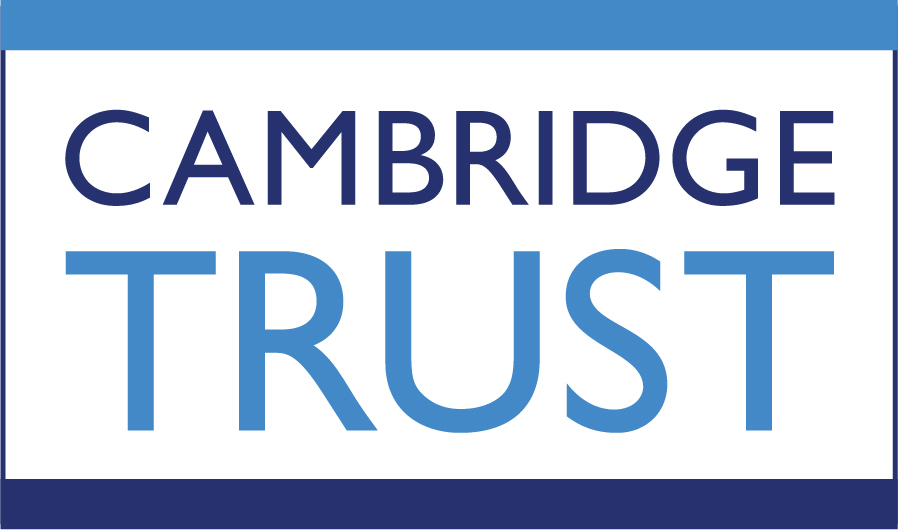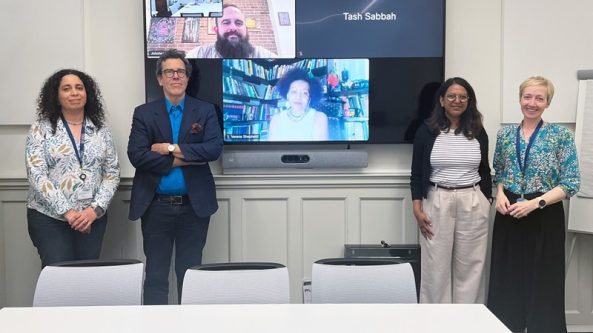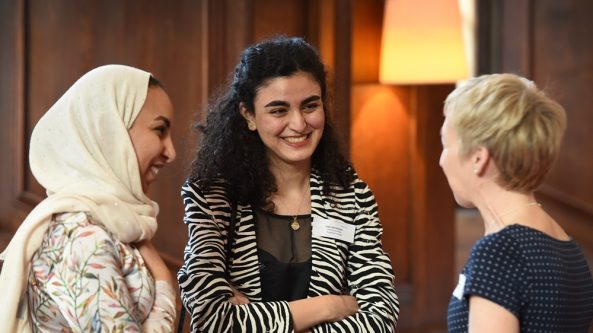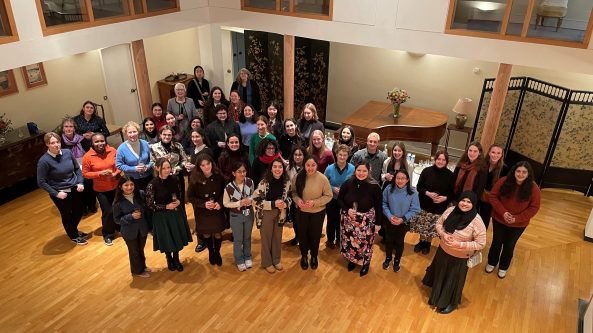Cambridge Trust was a career-starting opportunity for award-winning Chemistry professor
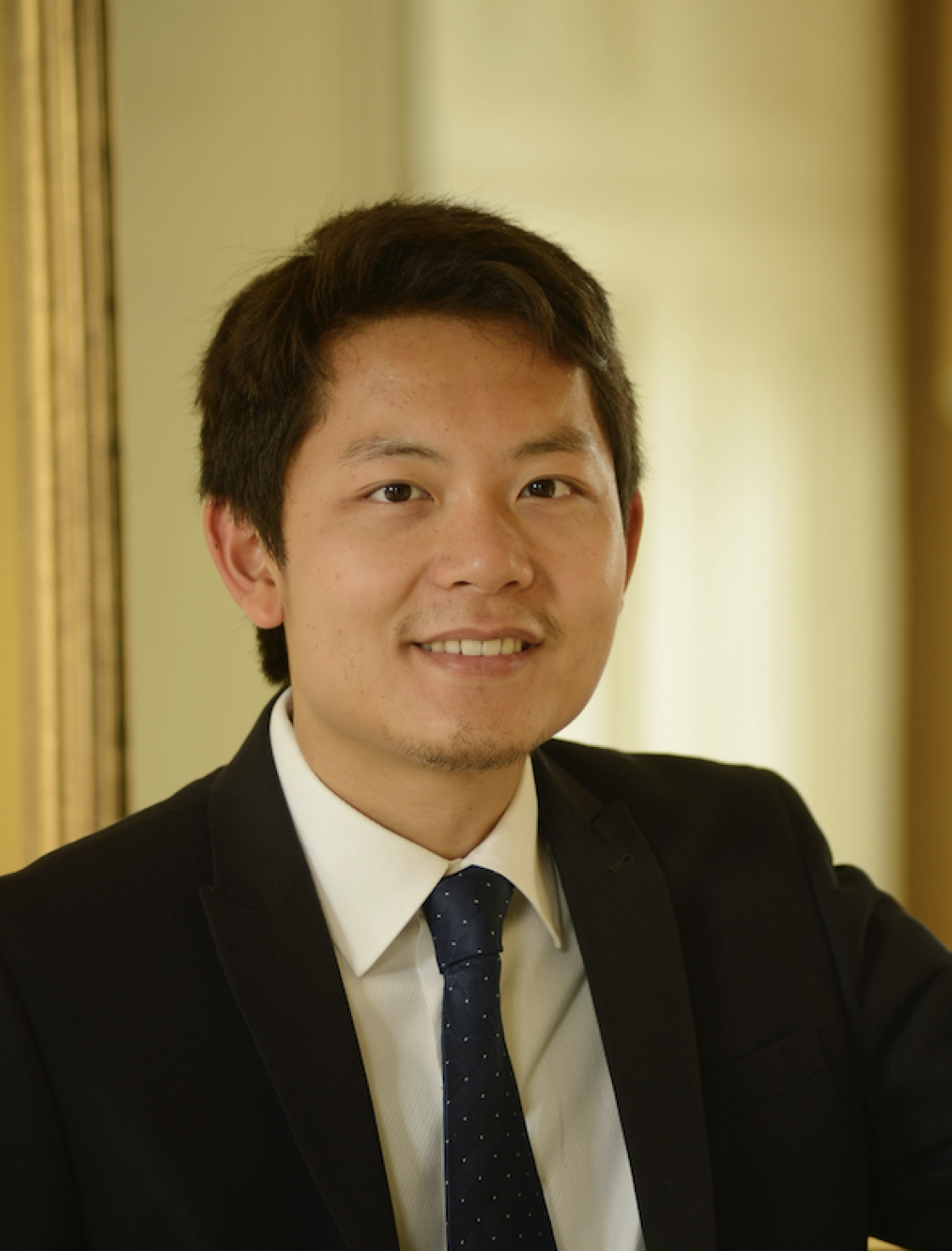
Robert Hoye completed his undergraduate degree in Chemical and Materials Engineering at the University of Auckland, New Zealand in 2011, where he was awarded the James Gordon Goodfellow Memorial Prize for the most distinguished performance in the Engineering cohort.
During his undergraduate degree, he became increasingly interested in Materials Science, particularly as a field that combines and applies the physical sciences to create and understand the materials for next-generation technologies that will enable a more energy-efficient and interconnected society. At the end of his degree, Robert taught the first-year Materials Science course during the University summer semester.
In early 2012, Robert began his PhD at the University of Cambridge, funded by the Cambridge-Rutherford Memorial Scholarship. He developed an atmospheric pressure spatial atomic layer deposition reactor, which grew oxide semiconductors two orders of magnitude faster than industry-standard methods. His work was awarded the Jackman Prize for best thesis.
The people and resources in Cambridge are among the best in the world.
In early 2015, Robert was a Postdoctoral Research Associate at the Massachusetts Institute of Technology. Working in Professor Tonio Buonassisi’s group, he designed new bismuth-based semiconductors for photovoltaics. His work was awarded a patent and recognised by the US Department of Energy.
In 2016, Robert was the only awardee of the Thomas Nevile Junior Research Fellowship at Magdalene College, Cambridge. With this, Robert returned to Cambridge, working in the Optoelectronics Group in Cambridge on new materials for solar cells and lighting. His work was awarded the Young Engineer of the Year Prize by the Royal Academy of Engineering.
In 2018, Robert took up a position as Group Leader in the Department of Materials Science and Metallurgy, funded by the prestigious Royal Academy of Engineering Research Fellowship. His group worked on developing defect-tolerant semiconductors for photovoltaics, as well as new architectures that can overcome thermodynamic limit.
Simultaneously, Robert lectured courses in the Materials Department, as well as tutoring second-year Materials students. He also worked with the Royal Academy of Engineering on resources to enrich the school STEM curriculum and encourage more students to pursue Engineering as a career pathway.
He joined Imperial College as a lecturer in 2020. In 2022, Robert became Associate Professor of Inorganic Chemistry at the Department of Chemistry, University of Oxford.
Speaking about Cambridge, Robert said “The people and resources in Cambridge are among the best in the world, and it is a great privilege to be able to set up a group in this environment. The opportunity provided by the Trust to do my PhD here was key to the academic career pathway I have taken.”
